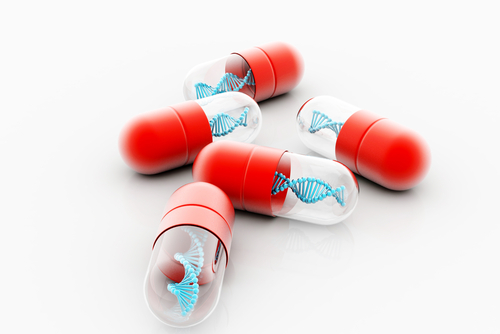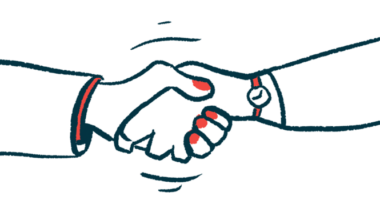First Patient Dosed with VY-AADC Gene Therapy in Parkinson’s Phase 2 Trial

Voyager Therapeutics has begun patient dosing in a Phase 2 trial testing its investigational VY-AADC gene therapy in Parkinson’s patients whose motor symptoms are not responding adequately to oral medication.
The trial, called RESTORE-1 (NCT03562494), is recruiting participants across seven sites in the United States.
VY-AADC is a therapy that delivers the DDC gene, which provides instructions for making the AADC enzyme, directly to brain cells in the putamen region. The enzyme converts the standard-of-care Parkinson’s treatment levodopa into dopamine, the signaling molecule that is lacking in Parkinson’s disease.
The approach is expected to bypass the effects of degenerating dopamine neurons in the substantia nigra, a part of the midbrain, by increasing dopamine levels in the putamen.
In an ongoing Phase 1b trial (NCT01973543), a single administration of the therapy induced robust and durable improvements in patients’ motor function up to three years after treatment.
The treatment also effectively increased AADC enzyme activity, allowing patients to reduce their doses of oral levodopa. Also, patients reported significant improvement in quality of life.
The newly begun Phase 2 trial aims to determine whether VY-AADC is better than a placebo at reducing motor fluctuations in Parkinson’s patients whose symptoms are not effectively controlled with levodopa or related treatments.
The trial is expected to enroll approximately 42 patients who have been diagnosed with Parkinson’s disease for at least four years and are not responding adequately to oral medications. To be eligible, participants must be experiencing at least three hours of OFF time during the day, as measured by a validated, self-reported patient diary.
Want to learn more about the latest research in Parkinson’s Disease? Ask your questions in our research forum.
Participants will be randomized to receive either a single infusion of VY-AADC or a placebo into the brain via surgery. They will be followed for 12 months to determine their changes in motor fluctuations, changes in the ability to perform daily activities, and quality of life.
During the new Phase 2 trial, researchers will also determine the efficacy of treatment delivery by assessing AADC enzyme levels and activity in the putamen through positron emission tomography (PET). Changes in patients’ daily doses of oral levodopa and related medications will also be evaluated.
More information about RESTORE-1, including recruitment details, can be found here.
“Patients with Parkinson’s disease need new therapeutic options, especially as the disease progresses and there is less AADC enzyme in parts of the brain where it is needed to convert levodopa to dopamine,” Mark Richardson, MD, PhD, associate professor, director of Epilepsy and Movement Disorders Surgery at the University of Pittsburgh Medical Center and principal investigator in the RESTORE-1 trial, said in a press release.
The U.S. Food and Drug Administration granted regenerative medicine advanced therapy (RMAT) designation to VY-AADC for therapy-resistant motor fluctuations in Parkinson’s patients.






